
The CHALLENGE trial in CRC studied structured exercise and demonstrated a DFS benefit comparable to or exceeding oxaliplatin chemotherapy.

Your AI-Trained Oncology Knowledge Connection!


The CHALLENGE trial in CRC studied structured exercise and demonstrated a DFS benefit comparable to or exceeding oxaliplatin chemotherapy.

Nicholas J. Hornstein, MD, PhD, highlighted results from the phase 3 ATOMIC and CHALLENGE trials in CRC presented at the 2025 ASCO Annual Meeting.

According to Ronan J. Kelly, MD, MBA, deciding whether to give nivolumab- or durvalumab-based regimens in gastric cancers may rely on a patient’s frailty.

Five-year follow-up revealed that patients treated with nivolumab vs placebo in the phase 3 CheckMate 577 trial experienced a “doubling” of survival.

Patients treated with nivolumab in the phase 3 CheckMate 577 trial were less likely to experience progression-related treatment discontinuation vs placebo.

Brandon R. Mancini, MD, MBA, FACRO, discussed results from a phase 1/2a trial that evaluated [212Pb]VMT-α-NET in patients with advanced NETs.
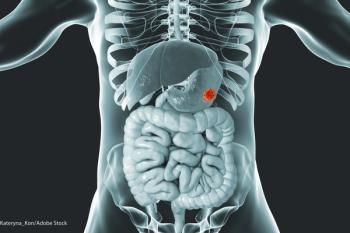
Fruquintinib plus chemotherapy and a PD-1 inhibitor elicited an ORR of 80.0% with all partial responses in patients with treatment-naïve gastric/GEJ cancer.
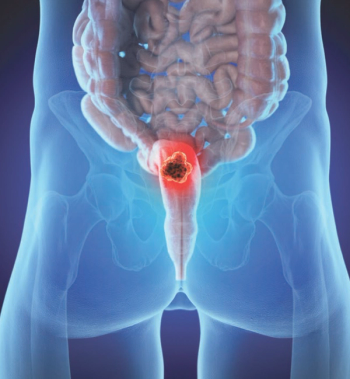
Results from the ShorTrip trial found that SCRT plus chemotherapy regimens showed promising efficacy for patients with locally advanced rectal cancer.
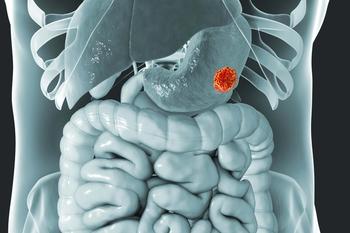
Disitamab vedotin, toripalimab, and trastuzumab demonstrated superior response rates and efficacy in HER2-overexpressing metastatic gastric cancers.

A survival benefit was noted when elraglusib was added to chemotherapy for patients with metastatic PDAC.

Cisplatin, nab-paclitaxel, gemcitabine, and capecitabine significantly improved EFS vs mFOLFIRINOX in resectable or borderline resectable pancreatic ductal adenocarcinoma.

Five-year follow-up confirms adjuvant nivolumab's sustained disease-free and distant metastasis-free survival benefits in resected esophageal/GEJ cancer post-CRT.

A post hoc analysis of NAPOLI-3 reveals clinical characteristics and treatment strategies associated with long-term survival in patients with metastatic PDAC treated with NALIRIFOX.

No fatalities were observed with fruquintinib plus camrelizumab, paclitaxel liposome, and nedaplatin when treating esophageal squamous cell carcinoma.
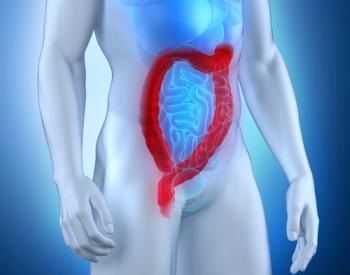
Results from the ATOMIC trial found a 50% reduction in the risk of death for patients with dMMR colon cancer receiving atezolizumab/chemotherapy.

Data from the MATTERHORN trial may be “practice-changing” in the management of resectable gastric or gastroesophageal junction adenocarcinoma.
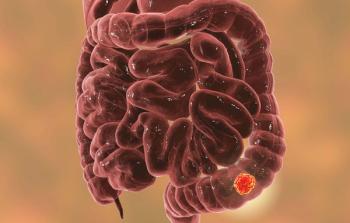
As a single agent or in combination, MK-1084 showed promising efficacy and safety results for patients with KRAS G12C–mutated CRC.

Emergent alteration patterns were similarly diverse across treatment arms in the phase 3 CodeBreaK 300 study.

The median PFS was 54.1 months with nivolumab/ipilimumab vs 5.9 months with chemotherapy in patients with MSI-H/dMMR CRC.

Anlotinib/chemotherapy showed comparable efficacy vs bevacizumab/chemotherapy in patients with RAS/BRAF wild-type metastatic colorectal cancer.
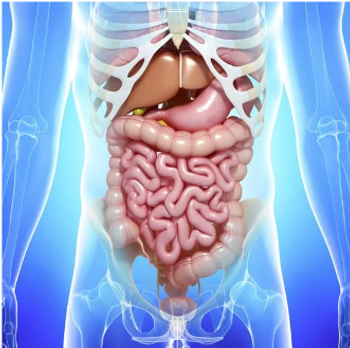
Escalated adjuvant chemotherapy did not improve recurrence-free survival in patients with stage III colon cancer when using a ctDNA-informed approach.
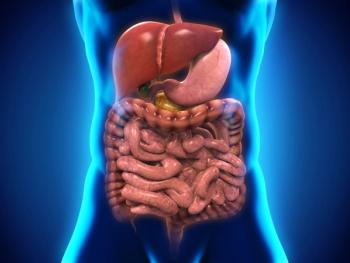
T-DXd improved OS, PFS, ORR, and DOR vs ramucirumab plus paclitaxel in the second-line treatment of HER2-positive gastric cancer or gastroesophageal junction adenocarcinoma.

Updated findings from BREAKWATER support encorafenib plus cetuximab and chemotherapy as a new standard of care in BRAF V600E-mutated metastatic CRC.

A phase 2 study evaluated the efficacy of balstilimab and botensilimab in patients with MSS metastatic mCRC without liver metastases.
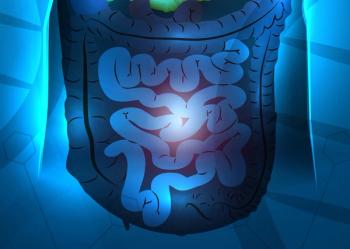
Fruquintinib plus best supportive care elicits a progression-free survival benefit across all prior treatment subgroups among patients with refractory metastatic colorectal cancer in the phase 3 FRESCO-2 trial.

Among patients with colorectal cancer who are ineligible for intensive chemotherapy, trifluridine/tipiracil plus bevacizumab yielded similar survival outcomes compared with capecitabine plus bevacizumab.

Data from the phase 2 DESTINY-CRC02 study support the use of trastuzumab deruxtecan at a dose of 5.4 mg/kg every 3 weeks for patients with HER2-positive metastatic colorectal cancer.
![“We think that we can successfully de-escalate treatment of rectal cancer and achieve the same high cure rates [and] keep patients disease free, with less long-term toxicity and effects,” lead author Deb Schrag, MD, FASCO, MPH, said.](https://cdn.sanity.io/images/0vv8moc6/cancernetwork/852c505e728c0e9c7b27981b616ac51a65af1503-1200x800.jpg?w=350&fit=crop&auto=format)
“We think that we can successfully de-escalate treatment of rectal cancer and achieve the same high cure rates [and] keep patients disease free, with less long-term toxicity and effects,” lead author Deb Schrag, MD, FASCO, MPH, said.
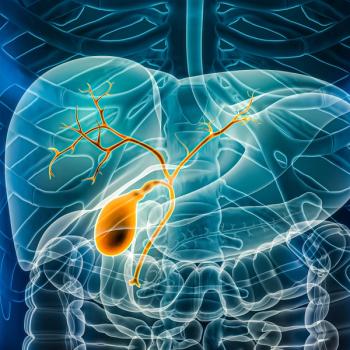
Results from the phase 2b HERIZON-BTC-01 trial show positive efficacy and safety responses in patients with locally advanced, unresectable or metastatic biliary tract cancer.
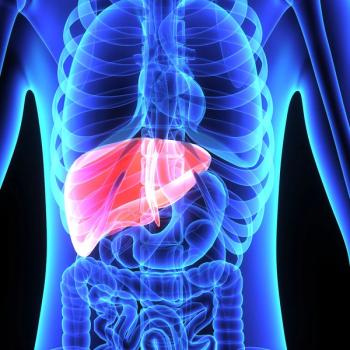
Patients with unresectable hepatocellular carcinoma receiving single tremelimumab regular interval durvalumab have a feasible immune-related adverse effect profile.